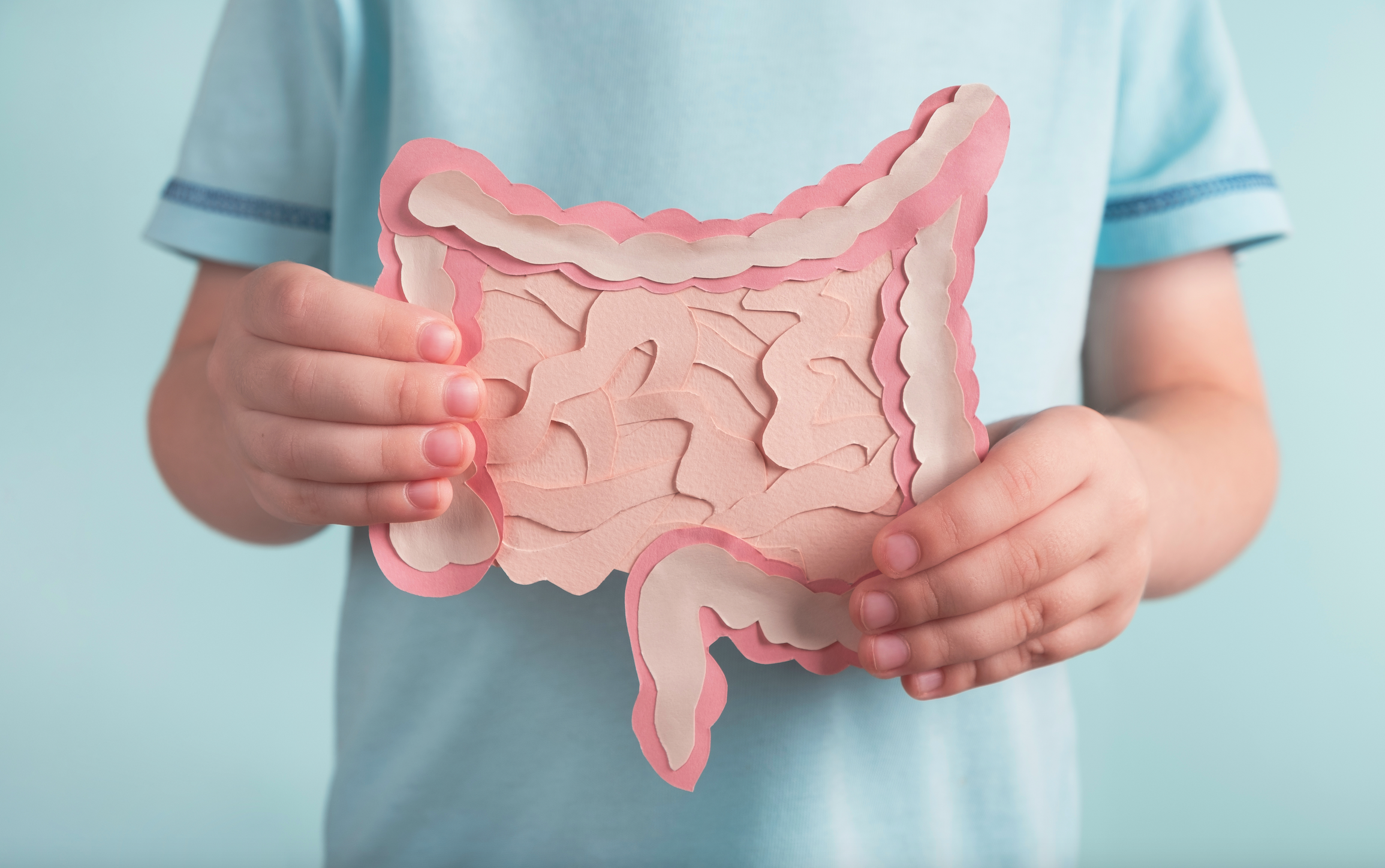Investigating bidirectional causal relationships between gut microbiota and insomnia
This research explores the complex interplay between gut microbiota and insomnia, addressing a gap in current understanding. Utilizing Mendelian randomisation (MR) analysis, the study analyzed data from genome-wide association studies encompassing 386,533 individuals diagnosed with insomnia, alongside gut microbiota information from the MiBioGen alliance (N=18,340) and the Dutch Microbiome Project (N=8,208). The primary analytical method employed was the inverse variance weighted (IVW) technique, supplemented by tests for heterogeneity and pleiotropy, including Cochrane’s Q, MR-Egger, and MR-PRESSO. Stability of the MR results was assessed through the leave-one-out method, while the Steiger test confirmed causative relationships. Findings indicated that 14 gut bacterial taxa were associated with increased insomnia risk, while eight taxa appeared protective. Reverse MR analysis revealed that insomnia may causally diminish the abundance of 7 taxa and augment 12 taxa. Notably, the genus Odoribacter exhibited a significant positive causal relationship post-Steiger test. Cochrane’s Q test indicated minimal heterogeneity among most single-nucleotide polymorphisms, and no significant pleiotropy was detected via MR-Egger and MR-PRESSO. This study underscores the reciprocal relationship between gut microbiota and insomnia, offering novel insights for the treatment and prevention of sleep disorders. [NPID: Sleep, insomnia, microbiota, microbiome].
Year: 2025
 Navigation
Navigation









